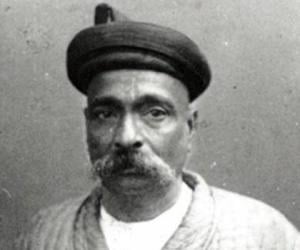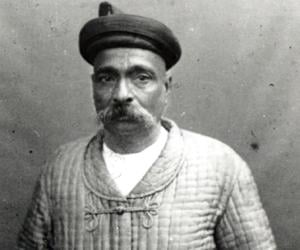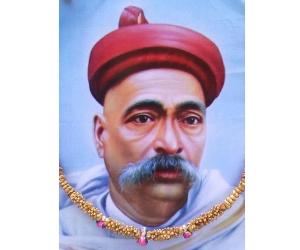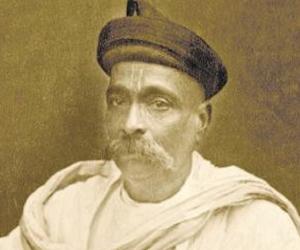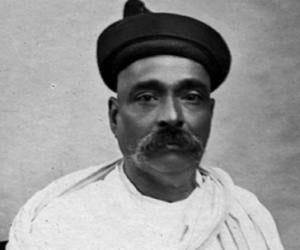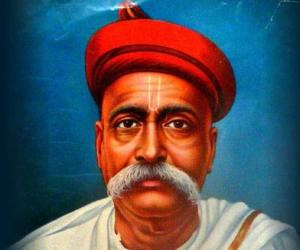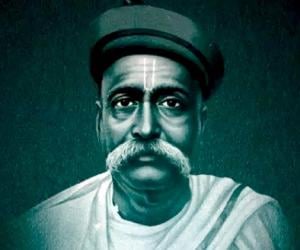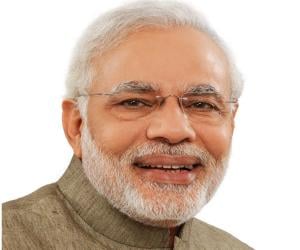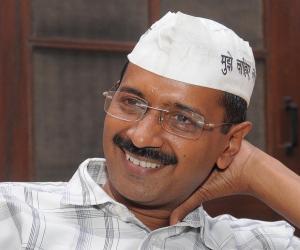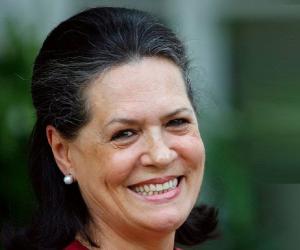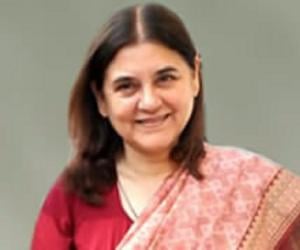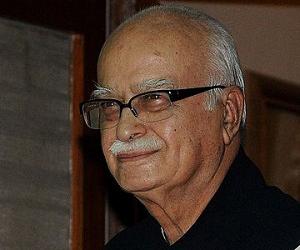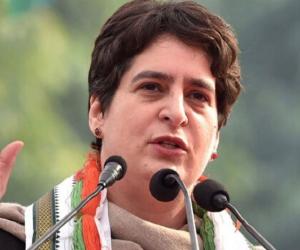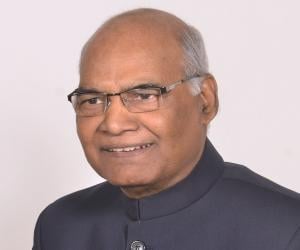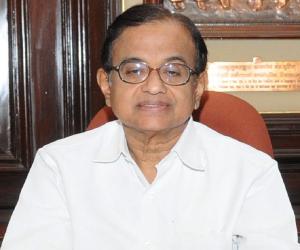Childhood & Early Life
Bal Gangadhar Tilak was born in a Chitpavan Brahmin family as Keshav Gangadhar Tilak on July 23, 1856 in Ratnagiri. His father, a school teacher and a Sanskrit scholar, played an influential role in Tilak’s early life.
Much of his early education was attained at home. Though highly intelligent, he was extremely mischievous and as such abhorred by his teachers.
Since young, he singled out everywhere, due to his independent views and strong opinion. He did not compromise on his opinion for anyone and thus was quite different from other boys of his age.
In 1877, he completed his university studies from Deccan College in Pune, thus becoming one of the few Indians to receive modern college education. He attained a BA degree in mathematics.
Continue Reading Below
Career
Immediately after completing his education, he became a mathematics teacher in a private school in Pune. However, following ideological differences with his colleagues, he took up journalism as profession.
Appalled by the western education system and its demeaning nature of treating Indian students, he decided to put an end to the turmoil by setting up a society that would assist in educating people about Indian culture and national ideals.
Along with Gopal Ganesh Agarkar, Mahadev Ballal Namjoshi and Vishnushastri Chiplunkar, he founded the Deccan Education Society. The society aimed at teaching young Indians about nationalist ideas by emphasizing on Indian culture. It intended to impart quality education to Indian youth.
In 1885, Deccan Education Society founded the New English School for secondary education and Fergusson College for post-secondary studies. He served as a professor of mathematics in the latter.
Once the Deccan Education Society started educating masses about the Indian culture and nationalist ideas, he initiated two newspapers, namely ‘Kesari’ and ‘Maratha’ that aimed at raising the political consciousness in people. While ‘Kesari’ was published in Marathi, ‘Maratha’ was in English.
Through his weekly newspaper, he openly criticized the British rule. Furthermore, he even spoke against Indians who worked on the western line of beliefs. He strongly condemned any kind of political, social and economic reform that was of advantage for the West.
In 1890, he joined the Indian National Congress but did not stand by it all through. He was blatantly critical of the moderate attitude that the INC took towards the fight for self-governance.
He aimed at widening the popularity of the national movement by introducing mass celebration of Hindu festivals. In 1894, he initiated the Ganesh Utsav making it a public event. A year later, he founded the Shivaji Fund Committee to celebrate the birth anniversary of Shivaji Maharaj.
In 1896, when a Bubonic plague hit Bombay and spread to other parts of the state taking an epidemic status, harsh measures were adopted by the British to control the same. Through his newspaper, he condemned the British efforts tagging them as acts of dictatorship and subjugation.
Continue Reading Below
In 1897, he was sentenced to 18 months imprisonment. Returning from the prison, he gained a cult status as a martyr and a national hero.
In 1905, he started Boycott and Swadeshi movement. While the former aimed at boycotting anything connected to the West from foreign good to foreign clothes, the latter professed use of Indian-produced goods and services.
Two years later at the annual session of the Congress, differences broke out between the moderates and the radicals and led to the emergence of two new groups.
In 1908, he defended Prafulla Chaki and Khudiram Bose – revolutionaries who threw a bomb on a carriage at Muzzafarnagar, in order to kill the Chief Presidency Magistrate. He was prosecuted on charges of sedition and inciting terrorism and was sentenced to jail for a period of six years. It was while being imprisoned that he penned his magnum opus, Srimad Bhagavadgit Rahasya - his take on the most sacred book of the Hindus
In 1914, after being released from prison, he did not give up on his political activities and immediately launched the All India Home Rule League.
Two years later, he rejoined the Indian National Congress. Despite numerous efforts, he met with almost no success in uniting the moderate and radical units of the Congress and later turned to self-rule, advocating to the same to villagers and farmers.
Personal Life & Legacy
In 1871, he tied the nuptial knot with Tapibai, whose name was altered to Satyabhamabai after marriage.
Tilak, who was always adamant about his opinion and views, mellowed down after being released from prison in 1914, due to suffering from diabetes.
Continue Reading Below
He breathed his last on August 1, 1920.
Though long gone, Tilak’s legacy continues to thrive in the hearts and minds of millions of people. His Marathi newspaper, Kesari, is published till date as a daily instead of a weekly.
He founded the Deccan Education Society, which runs till date with respected institutions like the Fergusson College still being a part of the education society.
The Swadeshi movement which he initiated became quite a rage during the 20th century in the Independence Movement and was adopted by eminent leaders like MK Gandhi.
In 2007, the Government of India released a coin to commemorate the 150th birth anniversary of this great freedom fighter.
The yearly celebration of Ganesh Utsav and the birth anniversary of Shivaji which he started on a grand scale is celebrated with much pomp and show even today.
